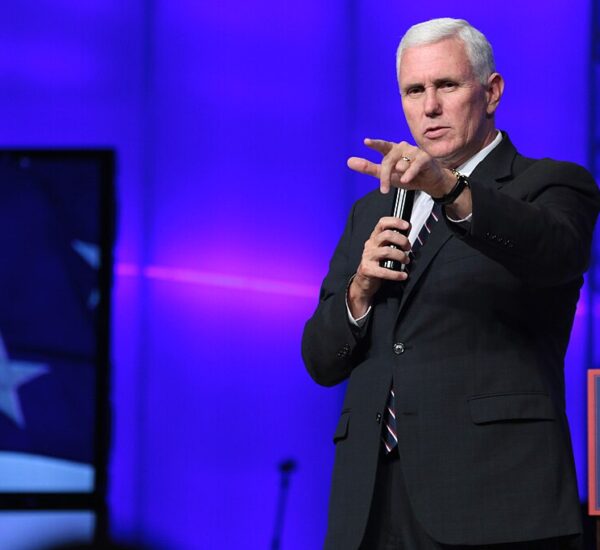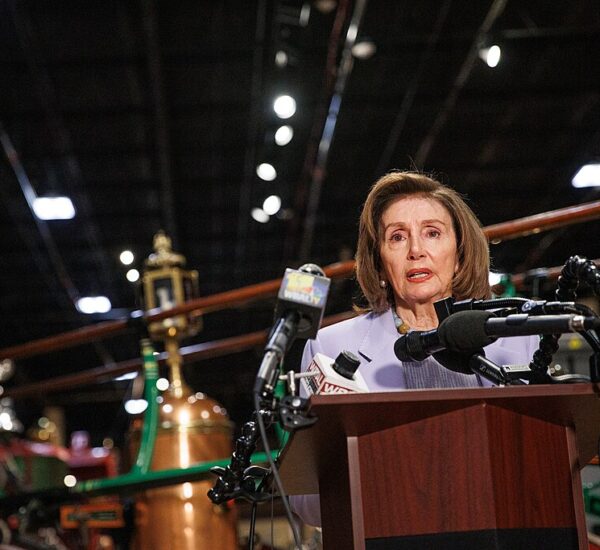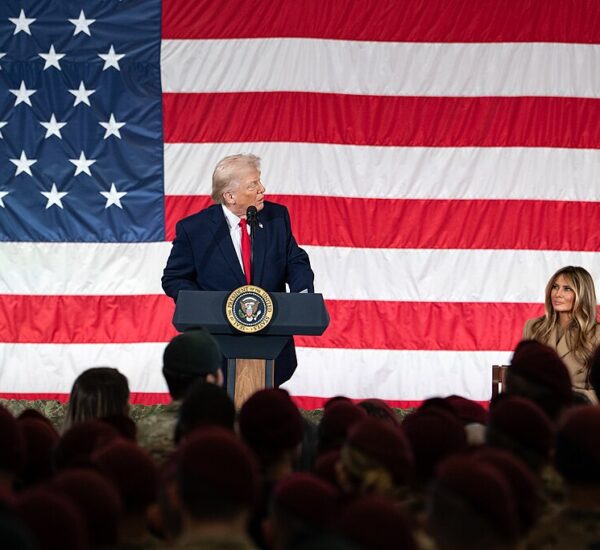Supreme Court Denies GOP
In a decision that’s raising red flags for election integrity advocates, the U.S. Supreme Court has declined to hear a crucial challenge brought by the Republican National Committee (RNC), allowing a controversial ruling by Pennsylvania’s state court to stand.
At the center of the case was whether Pennsylvania voters could show up on Election Day and cast a new in-person ballot after their mail-in ballot had been rejected. The RNC argued this practice directly violated state law, which clearly states that such ballots “shall not be counted” if the mail-in vote was disqualified or received late.
Constitutional Overreach?
Many conservatives see this as yet another example of activist judges overriding the will of the legislature. The Pennsylvania Supreme Court ruled 4–3 to allow the in-person voting workaround, effectively rewriting established election law. The RNC warned that this judicial maneuver undermines the constitutional role of the state legislature—raising alarms about the erosion of democratic checks and balances.
In its filing to the U.S. Supreme Court, the RNC’s legal team argued the case was a perfect opportunity to reinforce the Elections and Electors Clauses of the U.S. Constitution. These provisions grant state legislatures—not courts—the exclusive authority to set the rules for federal elections.
Trump Won Pennsylvania, But the Fight Isn’t Over
Although President Donald Trump went on to win Pennsylvania in the general election, the slim margin and the legal maneuvering behind the scenes have raised new concerns. Conservative leaders argue that if left unchecked, this kind of judicial interference could open the door to widespread confusion, fraud, and a lack of public trust in future elections.
Jones Day, the law firm representing the RNC, warned the Supreme Court’s refusal to intervene could “send a strong message that judicial review under the Elections and Electors Clauses is illusory.” The result, they argue, is a direct threat to the constitutional order and the integrity of American elections.
A Pattern Emerges
This isn’t the first time the nation’s highest court has declined to take up election-related challenges. In the 2022 Moore v. Harper decision, the Court rejected a broader interpretation of the “independent state legislature” doctrine. But for many on the right, these repeated setbacks only underscore the urgency of addressing what they see as judicial overreach and unaccountable changes to election law.
With the 2026 midterms and the 2028 presidential election on the horizon, Republican leaders are sounding the alarm. They’re calling for stronger safeguards, legislative clarity, and a renewed national focus on restoring trust in America’s electoral process.






